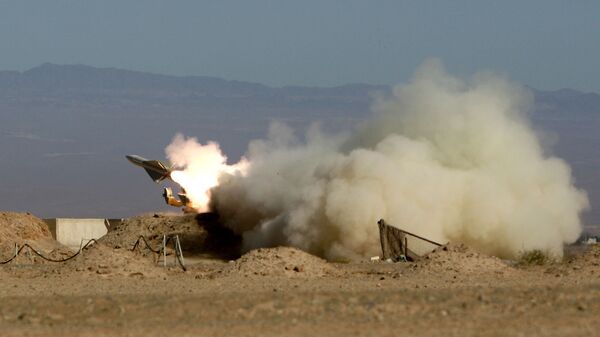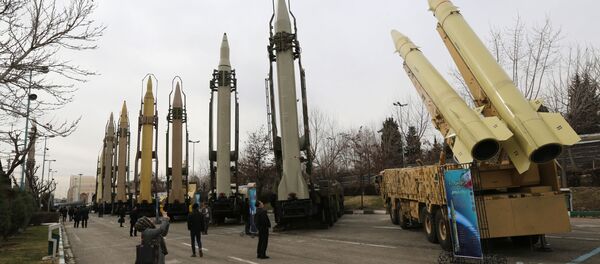Iran will respond to any attacks on its territory conducted by the US, government spokesman Ali Rabiei has stated. He added that he doesn't believe the US wants to "cause insecurity in the world and the region" with its actions.
"Any action against the Iranian nation would certainly face a crushing response", Rabiei said.
The comments from the Iranian government come amid reports by The New York Times and Reuters that Trump called a meeting with his aides to ask whether it was possible to launch an attack on Iran's "main nuclear site" in "the coming weeks". Reuters noted, citing anonymous sources, that the Natanz enrichment plant was the "main site" that Trump had in mind.
Vice President Mike Pence, Secretary of State Mike Pompeo, acting Defence Secretary Christopher Miller - who recently replaced Mark Esper, and head of the Joint Chiefs of Staff Mark Milley reportedly attended the meeting. According to both reports, Trump's advisers tried to dissuade POTUS from attacking Iran, as only two months remain until his projected departure from the White House.
Trump's Alleged Fight to Keep US Away From Iran Nuclear Deal
The news of Trump's alleged plans to attack Iran were preceded by another report by Axios, which claimed that POTUS is also mulling introducing a "flood" of anti-Iran sanctions. The reason for the move, according to the media outlet, is to prevent Joe Biden from reversing Trump's withdrawal from the Joint Comprehensive Plan of Action (JCPOA), also known as the Iran nuclear deal, in case POTUS fails to snatch victory in the presidential election from Democrat Joe Biden's hands with a series of lawsuits.
The Trump administration reportedly expects the planned new sanctions to be too politically dangerous to lift, thereby thwarting potential efforts by Biden to negotiate a return of the US to the JCPOA. Tehran earlier stated that it would be ready to negotiate on the deal only if the US lifts all sanctions, also suggesting that Washington would need to compensate the country for the losses it sustained over the last two years.
POTUS withdrew the US from the Iran nuclear deal on 8 May 2018, gradually reinstating sanctions against the country's banking, shipping, and energy industries, despite condemnation of these actions by the remaining signatories, including the US' European allies. A year later, Iran declared that since it could not benefit from the deal anymore, it was no longer bound by the JCPOA's provisions. Tehran boosted its nuclear fuel stockpile beyond allowed limits, with most of it being stored at the Natanz plant, which Trump has reportedly been seeking to attack.




